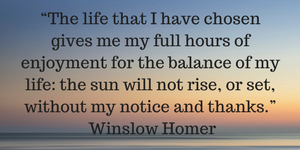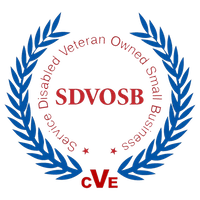 I’ve always admired the gymnasts who could master the balance beam, because they seem so agile, conducting complex movements on a 4-inch wide strip of wood (to be precise, Wikipedia says the actual width is 3.9”). These athletes display remarkable grace and calm in the midst of what must be intense pressure to achieve perfection – or something very close to it.
I’ve always admired the gymnasts who could master the balance beam, because they seem so agile, conducting complex movements on a 4-inch wide strip of wood (to be precise, Wikipedia says the actual width is 3.9”). These athletes display remarkable grace and calm in the midst of what must be intense pressure to achieve perfection – or something very close to it.
Have you ever felt as though you were on the balance beam in your daily life, trying to just stay upright on a narrow surface? Not to mention the leaps and flips and handstands the female gymnasts perform up there. For most of us, just keeping our balance on the beam is more than challenging enough.
I can’t remember ever waking up at 2:00 AM to worry about my son’s basketball game – but I sure have spent a tremendous number of hours staring at the ceiling, anxious about whether the next day’s project or mission would go successfully. How about you? I would suggest most of us have lost more sleep over our professional lives than our personal ones.
And as leaders, we also have to worry about what our team members are worrying about, and whether they can stay upright on their balance beams. How do we reconcile all of this tension?
First, accept the fact that some stress is actually healthy. It’s called “Eustress.” We feel and perform more effectively when we have this level of stress. How do you achieve it? Challenge yourself and your team every day. Set goals and recognize good work. Celebrate small wins, then reset the bar higher. Actively learn from mistakes.
Next, stop worrying about the number of hours we work versus those we don’t. Balance is about energy, not time. Promote the four levels of energy in your team: physical, emotional, mental, and spiritual. Demonstrate in your behavior that you value having high energy levels. Promote and recognize the same behaviors in your team. Look for warning signs when these energy levels are dangerously low, such as missing meetings or work, changes in attitude, negativity, or sloppy dress. Ask questions. Take action to help when you see these indicators.
Your team will quickly notice you care about your sense of balance, and theirs. I’ve never met anyone who told me his or her daily goal was to be mediocre. All of us are searching for Eustress, and balance helps create that feeling. Great leaders set the standard of what right looks like, and their teams excel. Enjoy the journey!





